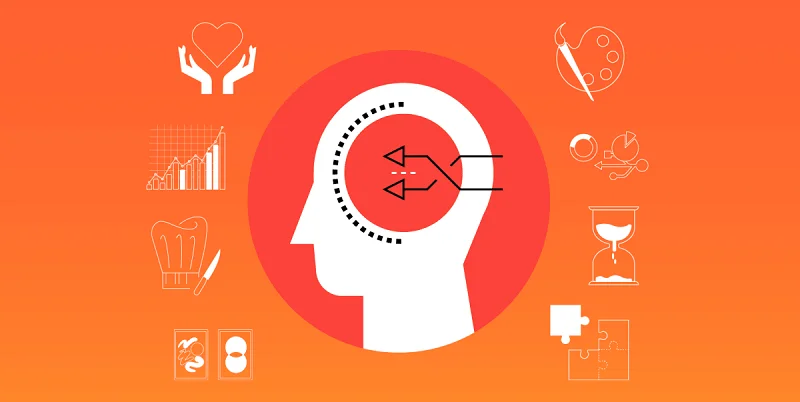The Myers-Briggs Type Indicator (MBTI) is a widely used personality test that is based on the theory of psychological types developed by Carl Jung. It was created by Katherine Briggs and her daughter Isabel Myers, who sought to develop a test that could help people better understand themselves and others.
The MBTI test consists of a series of questions that are designed to identify a person’s personality type based on four dichotomies: extraversion (E) vs. introversion (I), sensing (S) vs. intuition (N), thinking (T) vs. feeling (F), and judging (J) vs. perceiving (P). These dichotomies combine to form 16 possible personality types, each with their own unique characteristics.
The purpose of the MBTI test is to provide individuals with a deeper understanding of themselves and their personality type. This can help individuals better understand their strengths, weaknesses, and communication styles, as well as improve their relationships with others.
Despite its widespread use, the MBTI test has received criticism over the years. One of the main criticisms is that it lacks scientific validity and reliability. Critics argue that the test is not based on empirical evidence and that its results can be inconsistent or inaccurate.
Another criticism of the MBTI test is that it relies too heavily on dichotomies, which can oversimplify the complexity of human personality. Some critics argue that the test fails to capture the nuances and subtleties of personality and that it can lead to stereotyping and labeling individuals based on their personality type.
In conclusion, the MBTI test can be a useful tool for self-discovery and personal growth. However, it is important to keep in mind its limitations and potential biases. While it may provide individuals with a general understanding of their personality type, it is not a comprehensive or definitive assessment of their personality.




